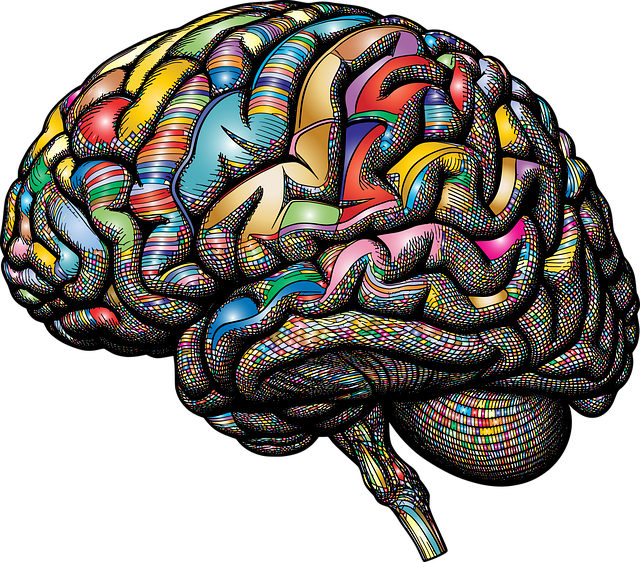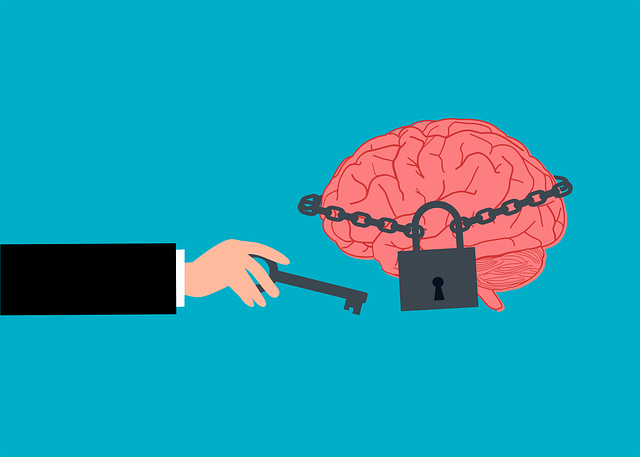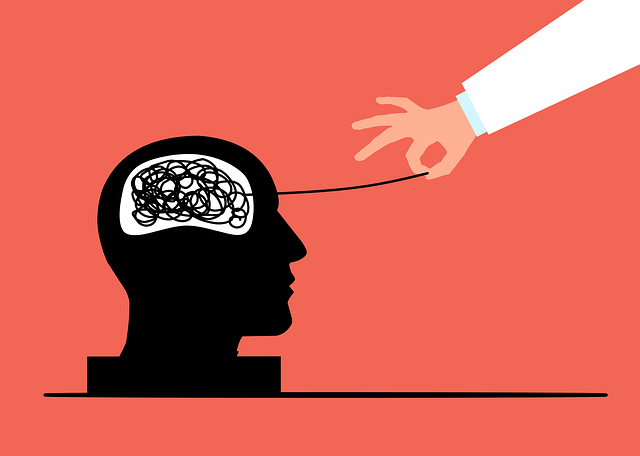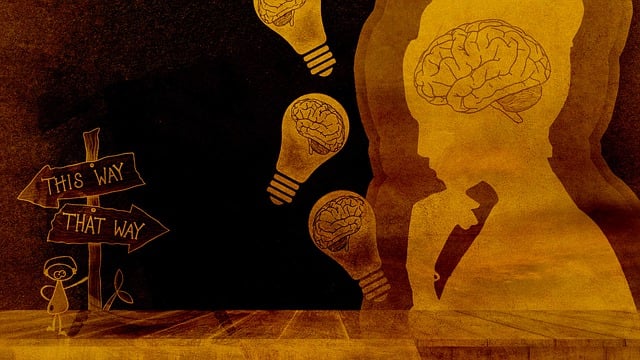Mental wellness apps are transforming access to emotional support, especially in areas like Littleton with limited resources, by offering stress reduction, mood tracking, and personalized therapy sessions. Successful apps integrate features such as CBT, MBSR, journaling, peer groups, and risk management plans, while prioritizing user privacy through encryption and compliance with regulations like HIPAA or GDPR. Incorporating video conferencing enables remote therapy sessions, enhancing accessibility and supporting Littleton Independent Medical Evaluations for comprehensive care.
In today’s fast-paced world, mental wellness app development has emerged as a vital tool for promoting psychological well-being. With increasing demands for accessible and personalized therapy, applications offer promising solutions. This article explores the growing necessity of mental wellness apps, delves into crucial features like adaptive therapy sessions and mindfulness exercises, and highlights the importance of privacy, security, and compliance, ensuring users’ sensitive information remains protected. Key topics include the role of Littleton Independent Medical Evaluations for therapy app credibility.
- Understanding the Need for Mental Wellness Apps
- Developing Effective Features and Functions
- Ensuring Privacy, Security, and Compliance in App Design
Understanding the Need for Mental Wellness Apps

In today’s fast-paced world, mental wellness is a paramount concern, leading to a growing demand for accessible and convenient solutions. Mental wellness apps have emerged as powerful tools, offering individuals an easy way to manage their emotional well-being. With the rise of remote consultations and digital healthcare, these applications provide a much-needed alternative to traditional therapy, especially in areas where specialized services are scarce, like Littleton. Independent Medical Evaluations (IMEs) for mental health conditions have become increasingly common, and therapy apps can complement these evaluations by offering ongoing support and guidance.
Promoting positive thinking and self-care is at the core of many such applications. They often incorporate features tailored to different therapeutic needs, from stress reduction techniques to mood tracking and personalized recommendations. Moreover, they cater to diverse populations, ensuring cultural competency training for healthcare providers through user-friendly interfaces. Effective risk management planning for mental health professionals is also integrated into these platforms, making them a comprehensive solution for both patients seeking support and practitioners aiming to enhance their practice with the latest digital tools.
Developing Effective Features and Functions

In developing a mental wellness app, creating effective features and functions is paramount to ensuring its success and user engagement. Key components should include personalized therapy sessions tailored to individual needs, utilizing evidence-based practices such as Cognitive Behavioral Therapy (CBT) or Mindfulness-Based Stress Reduction (MBSR). Integration of Littleton Independent Medical Evaluations can provide objective assessments and progress tracking, enhancing the app’s credibility and user trust.
Empathy Building Strategies, like interactive journaling and peer support groups, foster a sense of community and understanding among users. Risk Management Planning for Mental Health Professionals is crucial to ensure safe and responsible usage, with features like crisis hotline access and automatic referral mechanisms in place. Additionally, Compassion Cultivation Practices can be incorporated through guided meditations or compassion exercises, promoting emotional well-being and resilience among users.
Ensuring Privacy, Security, and Compliance in App Design

In the realm of mental wellness app development, prioritizing privacy, security, and compliance is paramount. Users share intimate details about their emotional healing processes and personal struggles, making it crucial for developers to integrate robust data protection measures. These include end-to-end encryption for all user communications, secure storage of sensitive information, and adherence to stringent regulations like HIPAA (Health Insurance Portability and Accountability Act) in the United States or GDPR (General Data Protection Regulation) globally. Ensuring these aspects not only builds trust with users but also fosters a safe environment conducive to burnout prevention strategies for healthcare providers and depression prevention initiatives.
Moreover, incorporating features that facilitate independent medical evaluations within the app can enhance its therapeutic value. For instance, integrating video conferencing capabilities allows licensed therapists to conduct remote sessions, making therapy more accessible. This is particularly relevant in regions where mental health services are scarce or difficult to reach. Such functionalities not only cater to individual users’ needs but also support Littleton Independent Medical Evaluations, ensuring that therapy remains a viable option for those seeking emotional healing processes.
The development of mental wellness apps offers a promising avenue to address growing global mental health concerns. By integrating evidence-based practices and user-centric designs, these applications can provide accessible and personalized support for individuals seeking therapy. Ensuring privacy, security, and compliance with regulations like Littleton Independent Medical Evaluations is paramount to building trust among users. With the right features, functions, and protections in place, mental wellness apps have the potential to revolutionize access to care, offering a discrete and convenient path toward improved mental health outcomes.














